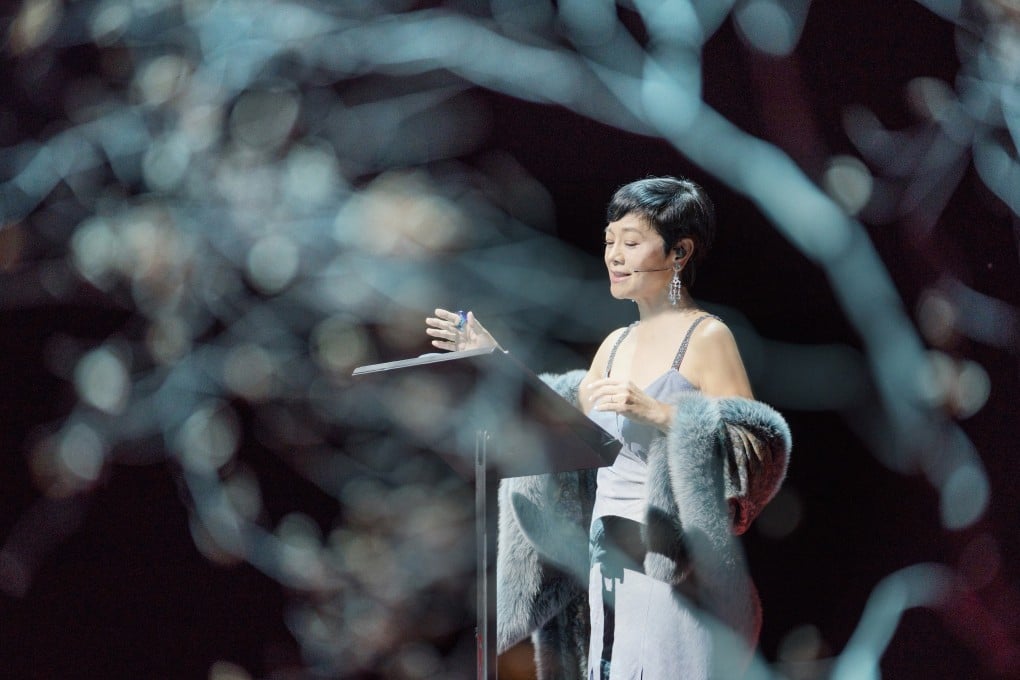Taiwanese actor and director Sylvia Chang on life, love and the limits of language
The filmmaker reflects on the influence of childhood as she looks back on her 50 years in front of and behind the camera

On a recent October morning, Sylvia Chang Ai-chia is speaking about the inadequacies of speech. Chang – a Taiwan native whose 50-year career path, in rough outline, proceeded from radio presenter to singer to actress to director to screenwriter – has carved a professional life out of words in three languages.
She is doing this interview because she is the narrator of a theatre work called Spirits, presented by Zuni Icosahedron. It is a live-streamed Covid-19 production, which means she will read poems, in Mandarin, in the Hong Kong Cultural Centre, and pianist Yen Chun-chieh will accompany her with classical works by, among others, Maurice Ravel and Franz Liszt, from Taiwan.
Chang did her first narrative collaboration eight years ago, Liszt’s Lenore, also with Yen, and it opened her ears to classical music. “I had zero knowledge, I thought, ‘Oh my God, how am I going to do it?’”
She had sung Mando-pop but definitely not spoken the Chinese translation of a German ballad set to the music of a 19th century Hungarian composer. And yet, the combination worked like a dream – so much so that, in 2015, Taiwan’s National Symphony Orchestra asked her to do the same thing with Mendelssohn’s A Midsummer Night’s Dream on New Year’s Eve. She read all 14 characters. “Like listening to the best storyteller who’s ever lived,” raved an online music website.
The experience seems to have been a mind-meld. “Music opens up the possibility of imagination rather than just looking at what’s in front of you. You close your eyes and see more.” What she saw was the gulf between music and words. “You know, I read a book about how poetry was written and it said the most beautiful thing cannot be written by words. I agree – 100 per cent!”
Chang, 67 years old with a sharp pixie cut, claps her hands and laughs. In her, earnestness coexists with a girlish enthusiasm. It is the same with directing, she says: you can imagine the most wonderful scene, you can try to pin it into place, yet it is not enough, “and then, sometimes, you catch the moment, which is not what you have written and it is unexpected and it is beautiful”.